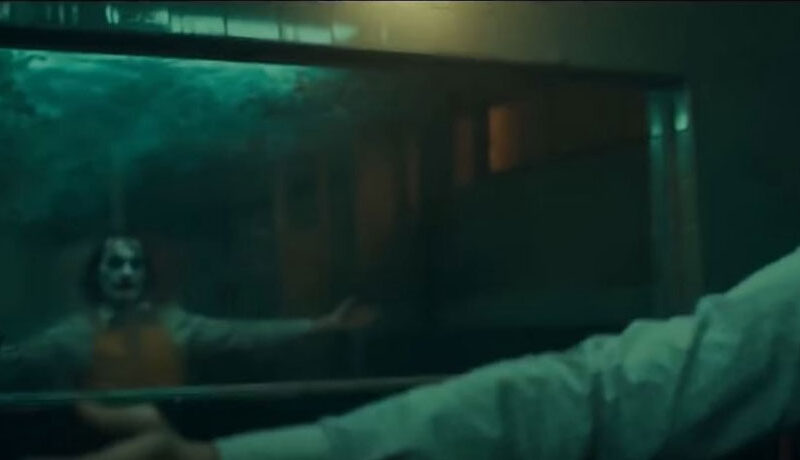Should I correct Thanksgiving stereotypes my kids see on TV?
Should I correct Thanksgiving stereotypes my kids see on TV? https://mediatrics.com/wp-content/themes/corpus/images/empty/thumbnail.jpg 150 150 Mediatrics Mediatrics https://mediatrics.com/wp-content/themes/corpus/images/empty/thumbnail.jpgReaders loved this post last Thanksgiving (thanks for your great feedback, Shaping Youth!), so we are reposting it in honor of this one. Enjoy!
Q: I know I’m probably making a big deal out of this, but it really bugs me when my school-age kids watch shows and movies in class or on TV that show inaccurate stereotypes of the first Thanksgiving—grateful Pilgrims and wild “Indians” and lots of peace and harmony. I don’t want to ostracize my kids for what they think is true, but isn’t it my place to correct them?
-Stereotype Stickler in Scottsdale, AZ
A: Dear Stickler,
As a parent, it’s your job to raise your children to think and behave in ways that will make them successful throughout their lives, in various realms. That means impressing upon them not only cultural and perhaps religious values but also those gained through history. So if what your kids are learning isn’t in line with your understanding of the actual story of Thanksgiving, start a discussion about what they’ve heard, and consider guiding them through concepts that add nuance and accuracy to their understanding:
- Immigrant experiences. Those aboard the Mayflower were escaping religious persecution. What does it mean to your children that these early Anglo-Americans were as much immigrants as are today’s newcomers to this country? What does the U.S. offer that makes so many people uproot their lives to move here?
- Conflict of world views. The Pilgrims’ friendship with members of the Wampanoag tribe was centered around learning how to survive in their new environment: Problems erupted when they imposed European cultural values, like property ownership, on people who believed that land could not belong to anyone. Discuss the fact that different cultures have different ways of seeing the world. How can we find ways of acknowledging and living with our differences in a way that benefits everyone?
- How stories change over time. Explain to your kids that many of the tales that endure are often the ones that a select few people—usually those in power—have worked hard to publicize. And sometimes, those are the stories we wish had happened but that don’t really line up with the truth. It’s up to us—kids included—to learn about and from our actual experiences.
- History has lots to teach us. Discuss how when we’re conscious of and diligent about how we treat one another and honor our past, we can prevent history from repeating in the ways we don’t want and make important changes to our world in the way that we do.
Sure, these concepts are much heavier than the ones in Turkey-Day cartoons, but kids may benefit from them for seasons to come. Here are some more great resources on this topic:
- Understanding the Real First Thanksgiving
- 5 Ways to Bring Thanksgiving History to Life
- Ask the Mediatrician: How to Discuss Racism on TV?
Enjoy your media and use them wisely,
The Mediatrician®




